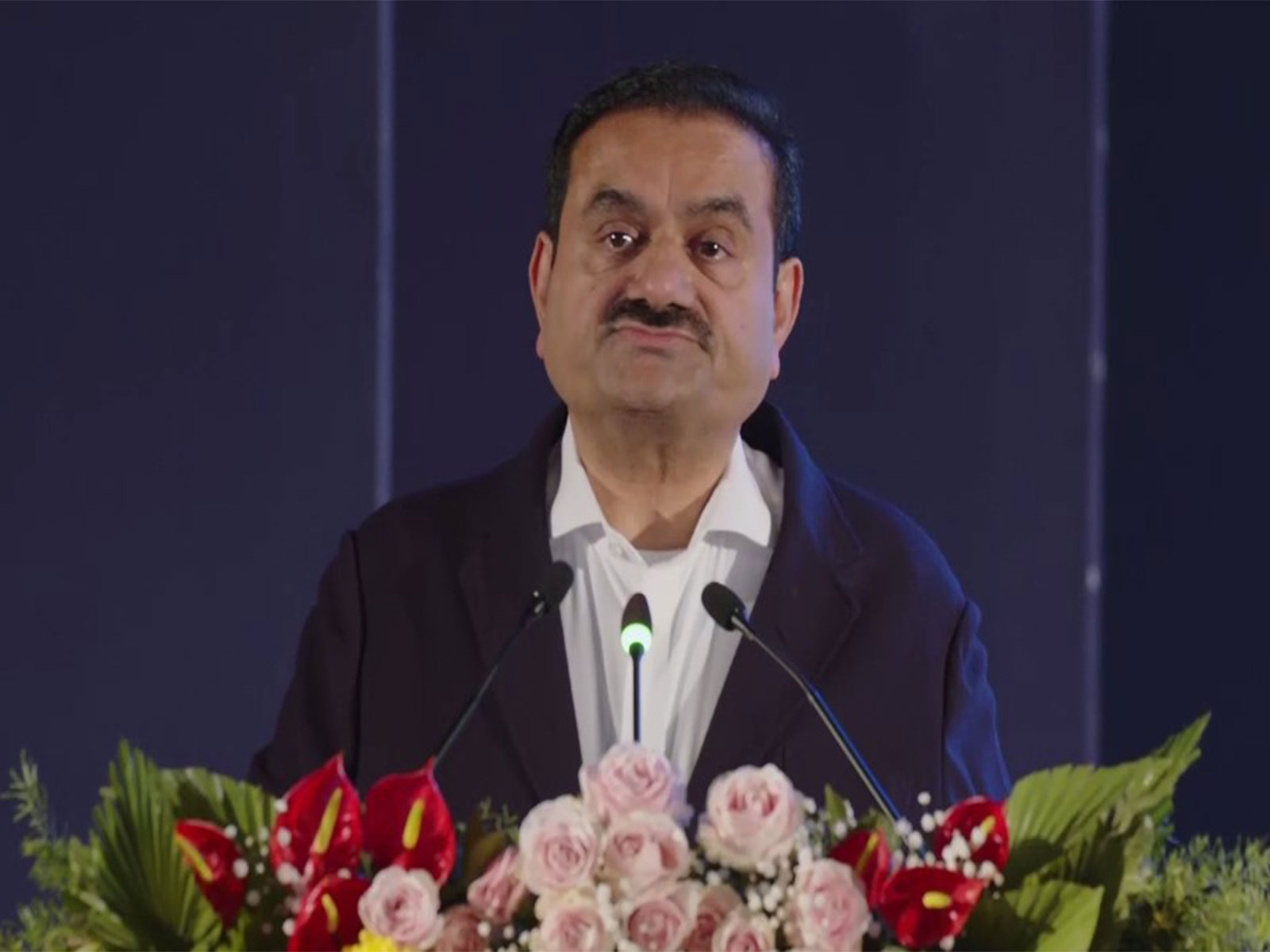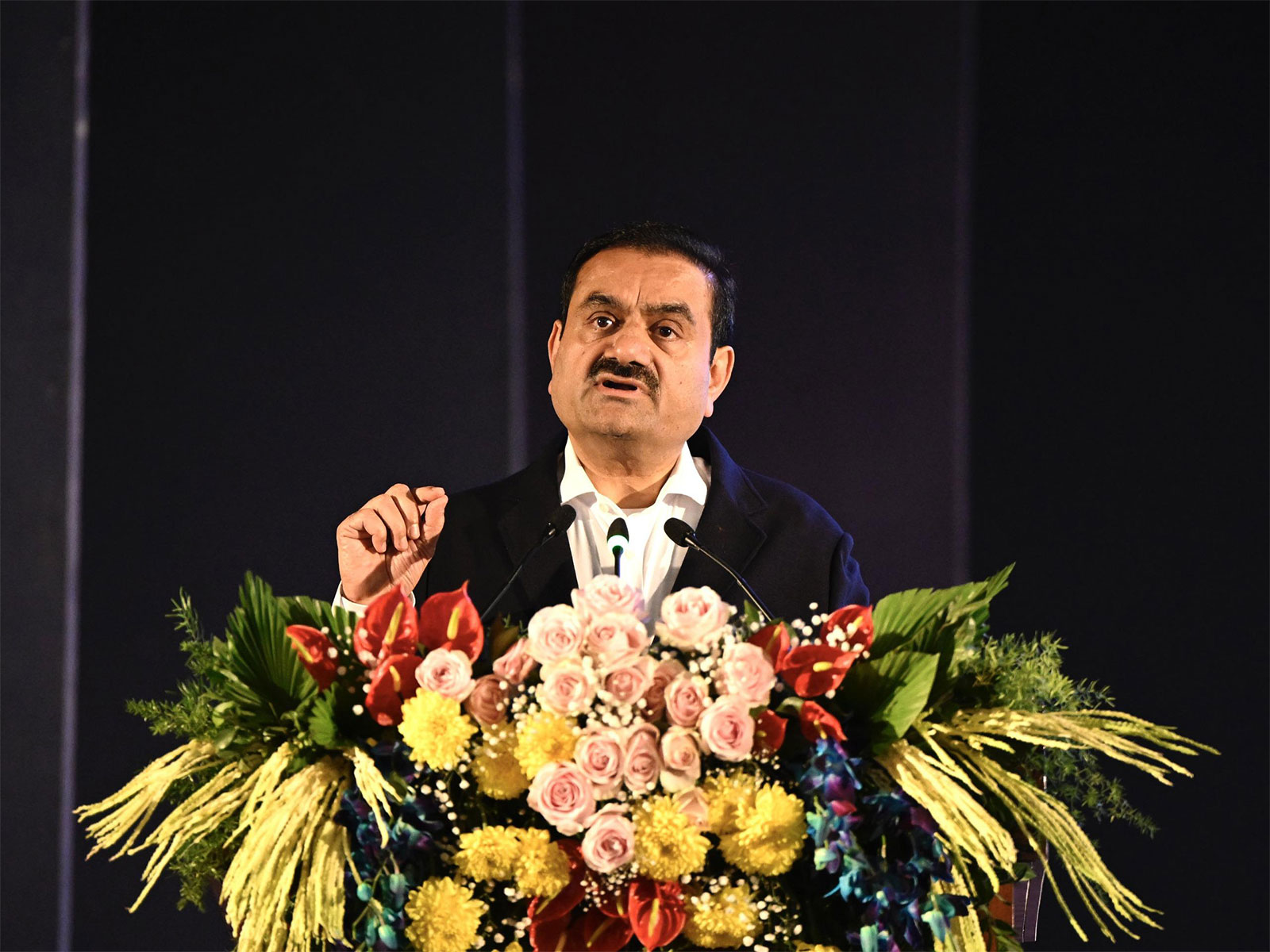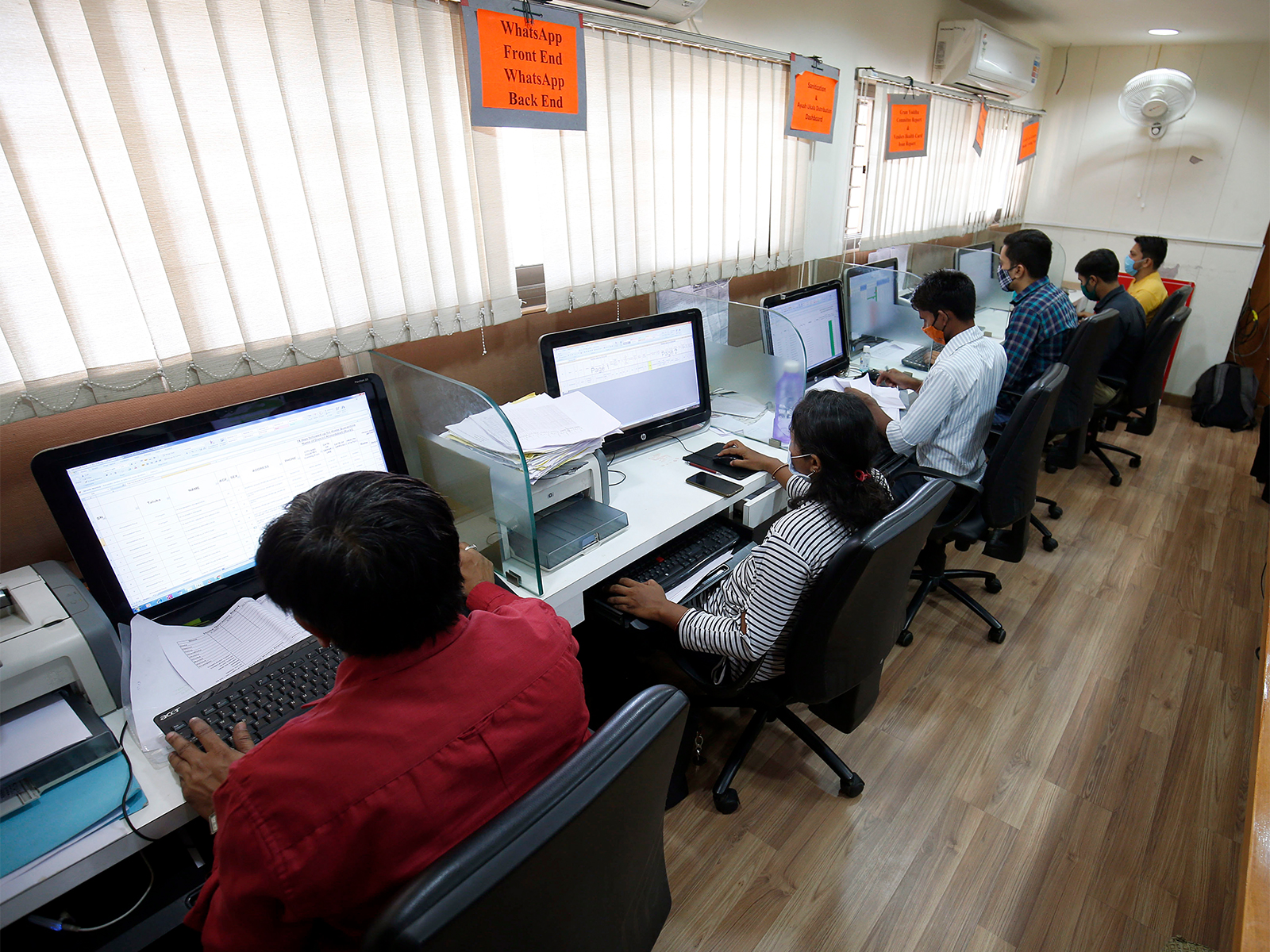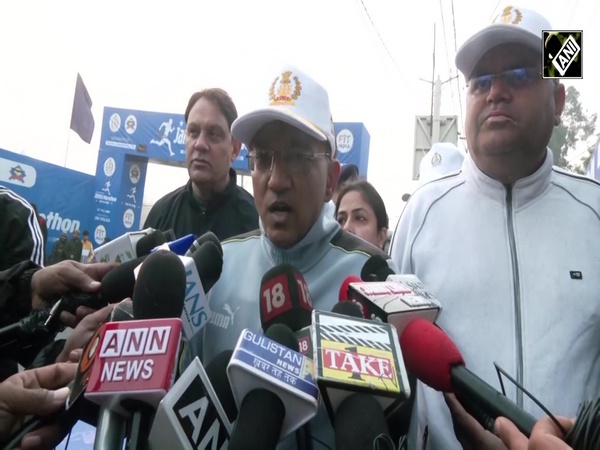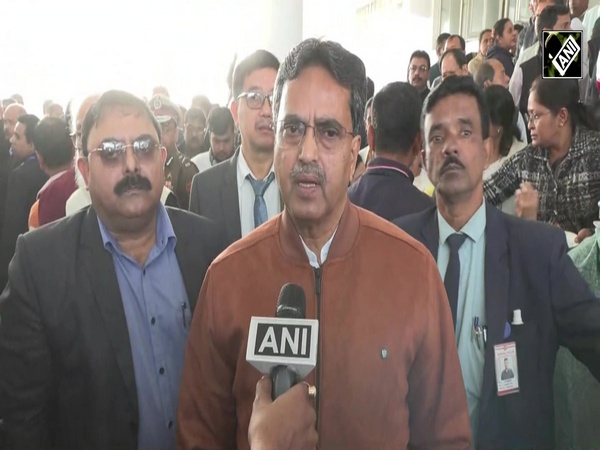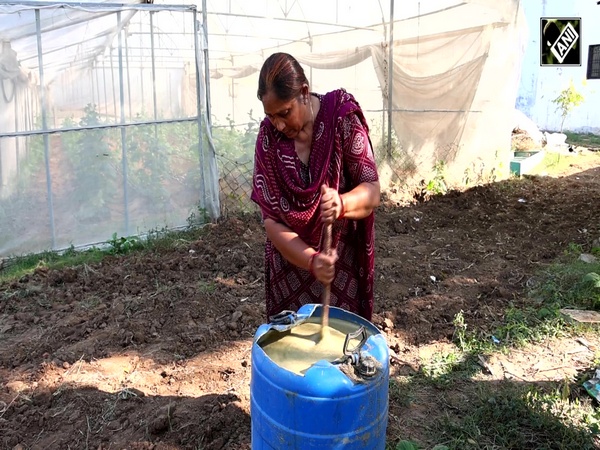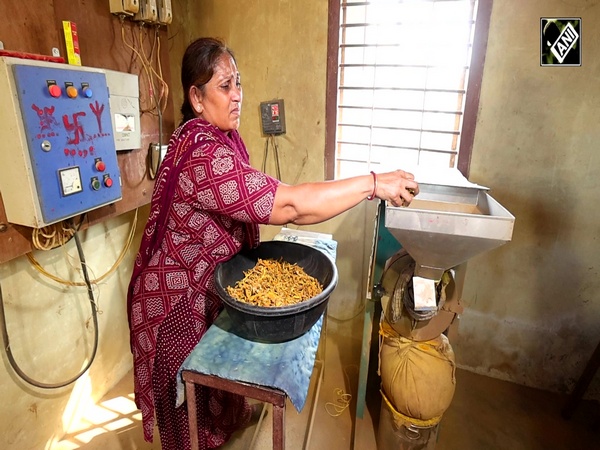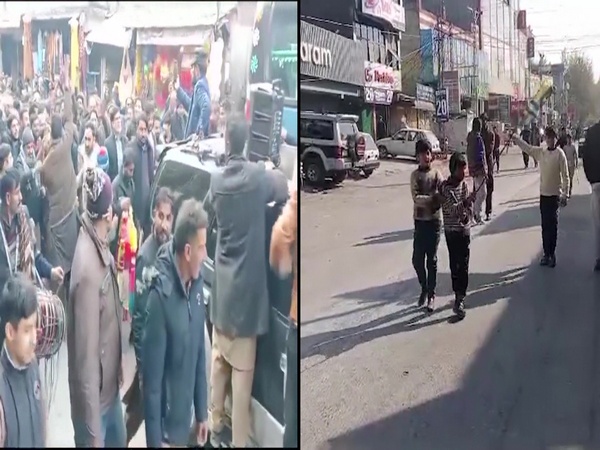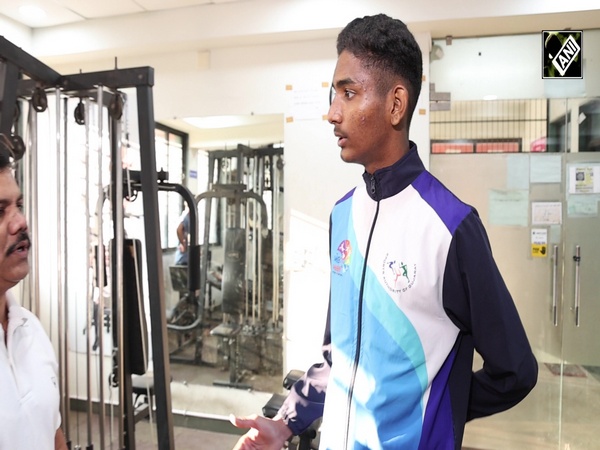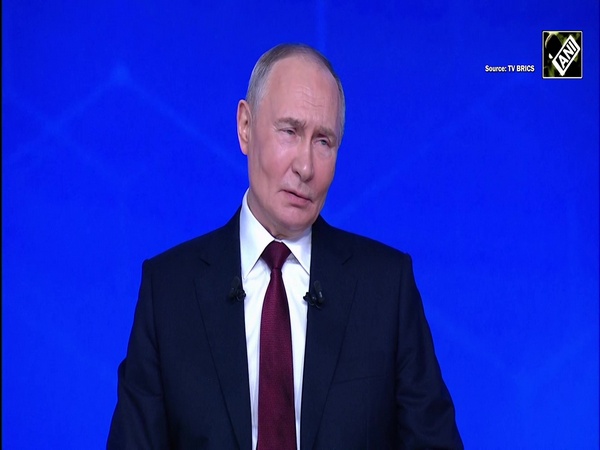India aims to secure 10% of 6G patents by 2030; AI plays key role in next-gen networks: DoT Secretary
Nov 05, 2025
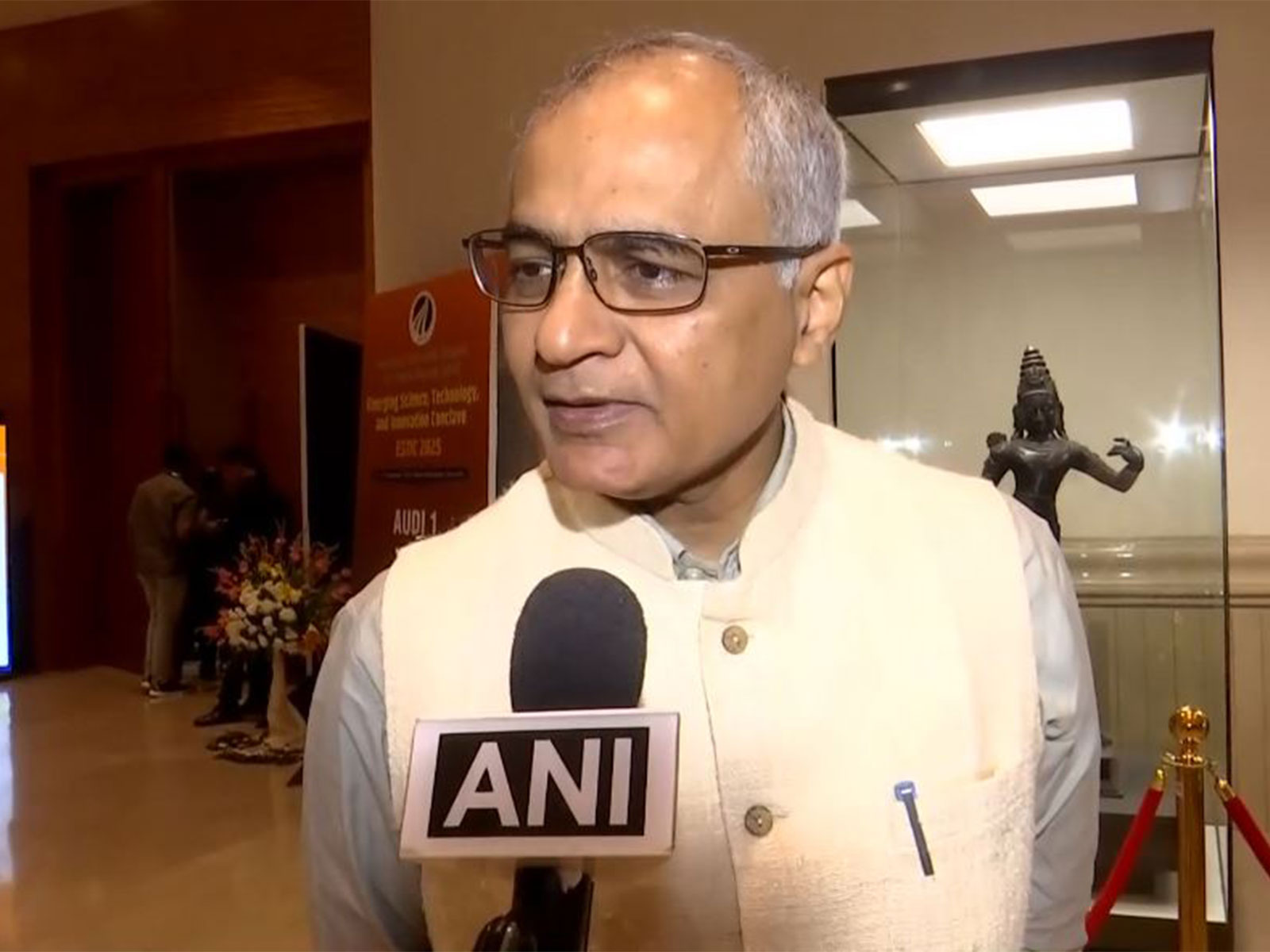
New Delhi [India], November 5 : India aims to secure at least 10 per cent of global 6G patents by 2030, Secretary of the Department of Telecommunications Neeraj Mittal said on Tuesday, underlining the government's vision to make India a global leader in next-generation telecom technology.
Speaking at the Emerging Science, Technology and Innovation Conclave (ESTIC) 2025 at Bharat Mandapam, Secretary Mittal said, "India has shown its prowess by one of the fastest 5G rollouts. Thanks to the vision of the Prime Minister, not just a 5G rollout, but the foresight to be able to use that technology for what it is, not just higher speeds, but use its other features of reliability and low latency through a network of 100 5G labs which have been established across the country, to develop use cases and to prepare us for the future as we look to a leadership position in 6G."
"This is a multi-pronged approach by supporting R&D, by encouraging and facilitating domestic manufacturing, creating bridges between academia, industry and government, and an instance of that is today," he said.
Mittal added that the government was committed to driving collaboration and innovation in next-generation communications.
"The goals are ambitious -- the Bharat 6G Alliance, again, pioneered in India by the vision of the Prime Minister,...aim to have at least 10 per cent of the patents in 6G as it heralds its way into the world into practical applications by 2030," he said.
"Government is financing a lot of licenses, test beds, both in terahertz and in the optical domain and 100 R&D projects specially for 6G," Mittal noted. "Many projects are being done jointly by many agencies who are present here today, jointly and therefore collaboration is the hallmark of this effort."
He further said, "Our priorities include making spectrum available for 6G, advancing open RAN, and indigenous chipset ecosystems, enabling the development and applications on AI and sensing to create intelligent, secure and resilient networks, creating the necessary ecosystem for regulatory sandboxes, so that the fledgling companies can test their innovations."
"This conclave, I am sure, will help us give us some concrete ideas as we pursue the aim of Atmanirbhar Bharat and Viksit Bharat by 2047," he said. "As I said in the beginning, the journey and the end goal both matter," Mittal concluded. "The journey looks difficult and the goal impossible. But I think we can make the journey worthwhile and the goal achievable."
Later, talking to ANI, he said Artificial Intelligence (AI) as a technology will be a core driver of next-generation communication networks, enabling self-healing, higher efficiency, and resilience.
Mittal said, "The session on communications is focusing really on the early gains India has made on 5G and how do we really go forward towards securing 10 per cent patents and contributing significantly to the 6G ecosystem."
Highlighting the transformative role of AI, he said, "AI is really becoming a horizontal technology, which is affecting everything and so communications will not be left behind."
"AI is a very very important part of communication networks in terms of self-healing networks, improving the performance, efficiency, and it is one of the important pillars of 6G," Mittal added.
"And therefore there is a tremendous entry barriers for small companies," he said. "And therefore the focus of our efforts have been to help MSMEs and startups in their journey to become big."
ESTIC 2025 is being held from November 3-5, 2025. The conclave brings together over 3,000 participants from academia, research institutions, industry and government, along with Nobel Laureates, eminent scientists, innovators and policymakers. Deliberations will focus on 11 key thematic areas, including Advanced Materials & Manufacturing, Artificial Intelligence, Bio-Manufacturing, Blue Economy, Digital Communications, Electronics & Semiconductor Manufacturing, Emerging Agriculture Technologies, Energy, Environment & Climate, Health & Medical Technologies, Quantum Science & Technology, and Space Technologies.
ESTIC 2025 features talks by leading scientists, panel discussions, presentations and technology showcases, providing a platform for collaboration among researchers, industry and young innovators to strengthen India's science and technology ecosystem.
On Day 1, Monday, Prime Minister Narendra Modi launched the Rs 1 lakh crore Research Development and Innovation (RDI) Scheme Fund, which was initially announced in the interim Budget of 2024-25. The corpus will provide long-term financing or refinancing with long tenors and low or nil interest rates.
This fund will encourage the private sector to scale up research and innovation significantly in sunrise domains.
